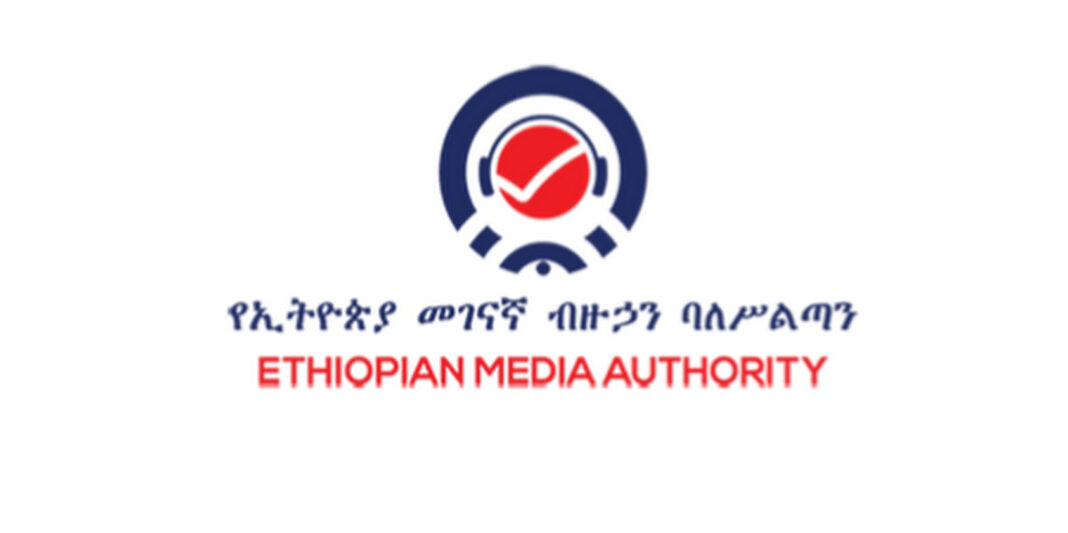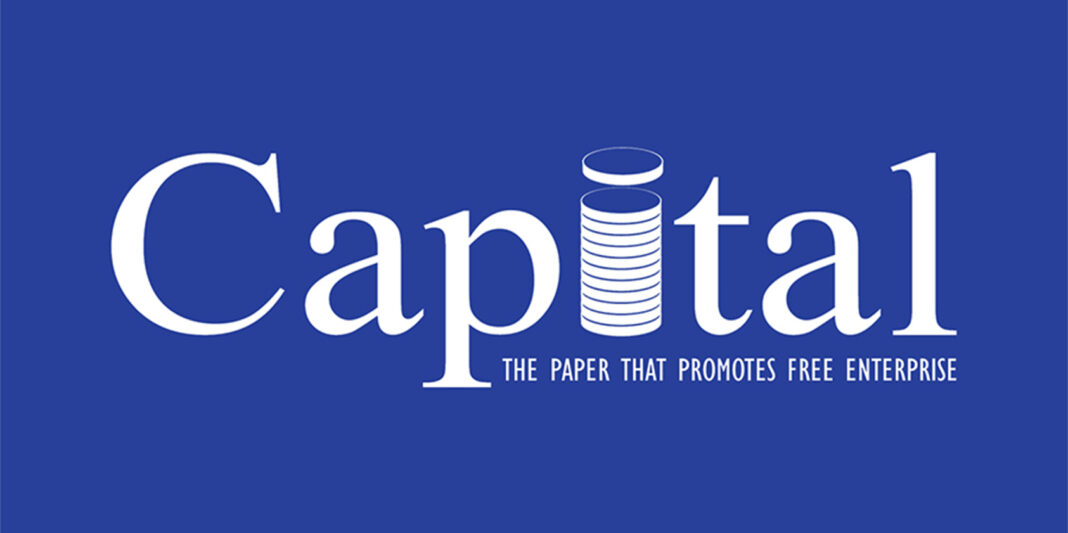The Ethiopian Media Authority (EMA) has issued a stark warning about the increasing spread of hate speech and disinformation on social media platforms, highlighting the growing threat these pose to national cohesion and public safety. The latest report, which analyzes data from the Ethiopian calendar year January 2016 to January 2017 EC (approximately mid-2023 to mid-2024 Gregorian), reveals alarming trends in the circulation of harmful content across popular online channels.
This third comprehensive study by the EMA focuses on five major platforms: Facebook, Telegram, YouTube, X (formerly Twitter), and TikTok. By monitoring over 2,000 content items and analyzing nearly 2,000 samples, researchers examined pages belonging to individuals, politicians, religious leaders, institutions, media outlets, and influencers with more than 5,000 followers. The study is further supported by a nationwide survey of 1,700 residents, covering diverse regions of the country to understand public perceptions and impacts.
The findings reveal that text-based hate speech and disinformation constitute the majority of harmful content, accounting for 56.1% of cases. Motion pictures and videos contribute 14.7%, while a combination of video and text makes up nearly 12%. Despite a relatively lower volume, audio content also plays a role in spreading misinformation.
Among the platforms, Facebook remains the primary source for news and information for 56% of Ethiopians, followed by TikTok (30%) and Telegram (10%). YouTube accounts for a smaller share, and the population accessing information via X or Twitter remains minimal.
The report underscores the outsized role of influential individuals in the spread of harmful speech: over 55.9% of hate and false content originates from prominent figures including political and religious leaders, while media institutions contribute 26% and ordinary individuals make up 16.7%.
Content analysis indicates that hate speech predominantly targets political views (76.8%), followed by ethnicity (15.2%) and religion (5.6%). The primary targets include national institutions (31%), politicians (22.1%), and Ethiopia itself as a country (21.4%). This toxic environment exacerbates social divisions and fuels mistrust in public institutions.
Public awareness of how to combat this trend remains low. The report shows that 64% of social media users do not know how to report hate speech or misinformation when they encounter it. Moreover, a significant 84% of respondents admitted to not responding or reporting harmful content. Of those who did report, 9% said their complaints resulted in no action, pointing to inadequate enforcement by social media companies, which the report criticizes for failing to uphold legal and ethical responsibilities.
In response to these challenges, the EMA stresses the urgent need for a robust policy and legal framework to prevent the proliferation of hate speech and disinformation online. The report calls for legislation that compels social media companies to implement reporting systems accessible in Ethiopia’s local languages and mandates swift investigation and removal of content that violates the law and ethical standards.
Experts interviewed alongside the report highlight the delicate balance between safeguarding freedom of expression and curbing the destructive effects of hate speech. The Ethiopian government’s enactment of the Hate Speech and Disinformation Prevention and Suppression Proclamation in 2020 aims to address these issues but also raises concerns about potential impacts on media freedom.
EMA’s findings contribute to a growing awareness of the role social media plays not only in empowering voices but also in amplifying division and misinformation. With Ethiopia’s complex ethnic makeup and recent history of conflict, unchecked hate speech risks reigniting tensions and undermining peacebuilding efforts.
Social media’s rapid growth in Ethiopia brings tremendous opportunities for communication, education, and civic engagement, but the report’s revelations underscore the urgent need for collaboration among government bodies, civil society, media practitioners, and platform operators to ensure responsible digital spaces.







